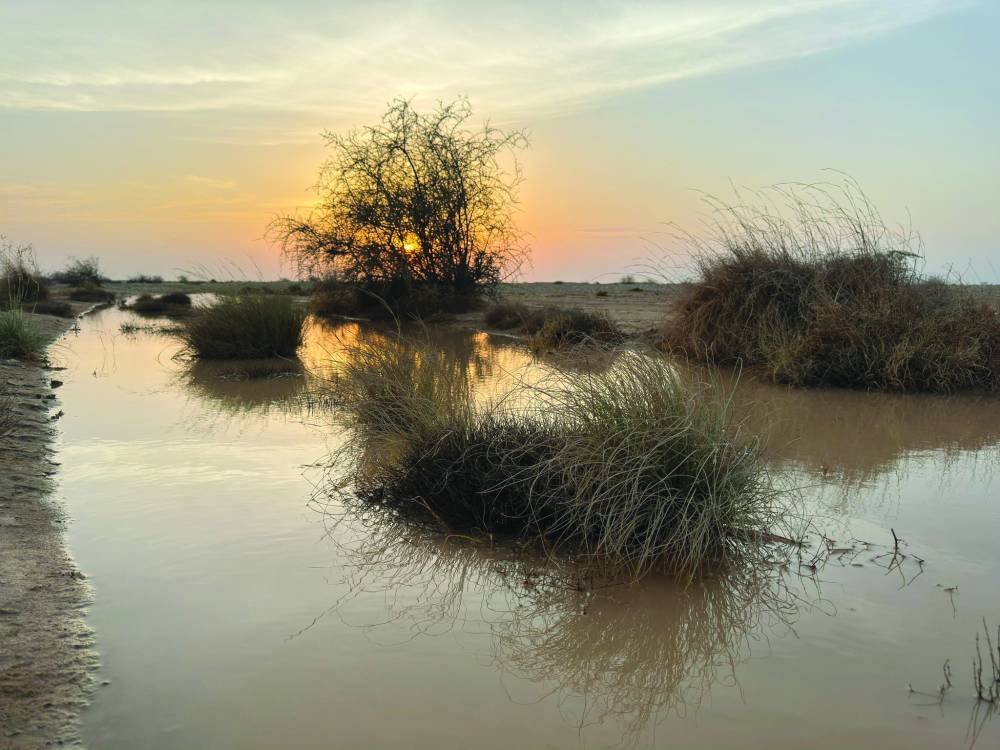The Ministry of Environment and Climate Change (MoECC) has renewed its call for all the members of the public to be actively involved in preserving the different components of wilderness across the various parts of the country, especially the meadows during the rainy season.
In particular, MoECC stressed that vehicles intruding into the wild meadows across the country constitute a serious damage to the soil and the wild plants that would be very hard to reverse in the future. As the country is entering into the rainy season, these meadows start to revive and the plant growth became denser, which lures some irresponsible persons to enter these places using their vehicles.
The ministry encourages all the inhabitants to enjoy these places responsibly and avoid any conduct that could harm the meadows, which are considered as precious environmental assets of the country.
MoECC considers any of these irresponsible practices as damaging to the local environment and the greenery, which sustains biodiversity and some wild animals and birds.
According to Article 9 of Law no 32 of 1995 Preventing Damage to Plant Ecology and Ecosystems, violators of the law may entail a penalty of a maximum three months in jail and a maximum fine of QR20,000 or any of these penalties. The penalty could be doubled in case of repeating the same violation. The court can also rule that the equipment and vehicles used to encroach on such protected meadows may be confiscated and the violator obliged to compensate for the damaged done to the environment.
Accordingly, the MoECC has pointed out that vehicles' encroachment into the meadows and open reserves often breaks the soil apart and damages the various vital components necessary to sustain for the regrowth of plants, which would consequently have immediate and long-term negative impact on the surrounding ecological system. Such degeneration caused to the soil would often take a long time to repair.
The latest data indicates that there are 1,273 wild meadows across the country, which are included into a digital geographical database dedicated for those meadows. Each meadow is listed alongside the types of trees and plants and the risks and dangers threatening the location. The MoECC has fenced and rehabilitated 38 meadows across Qatar, as part of a long-term project to rehabilitate 100 meadows over the upcoming five years.

